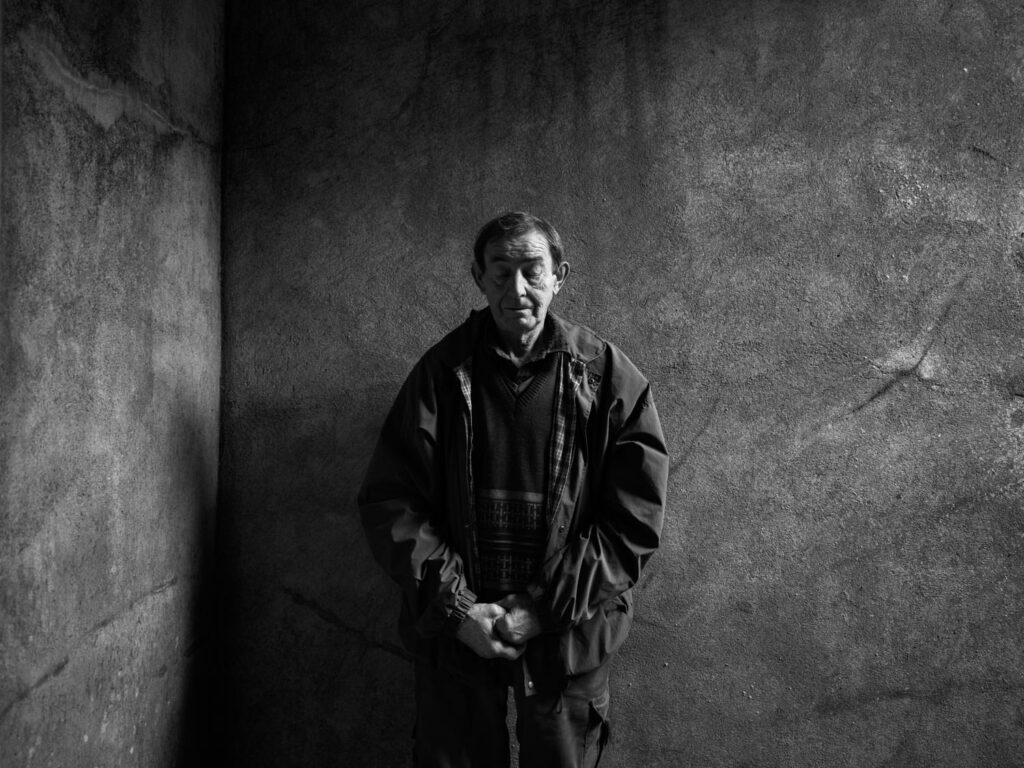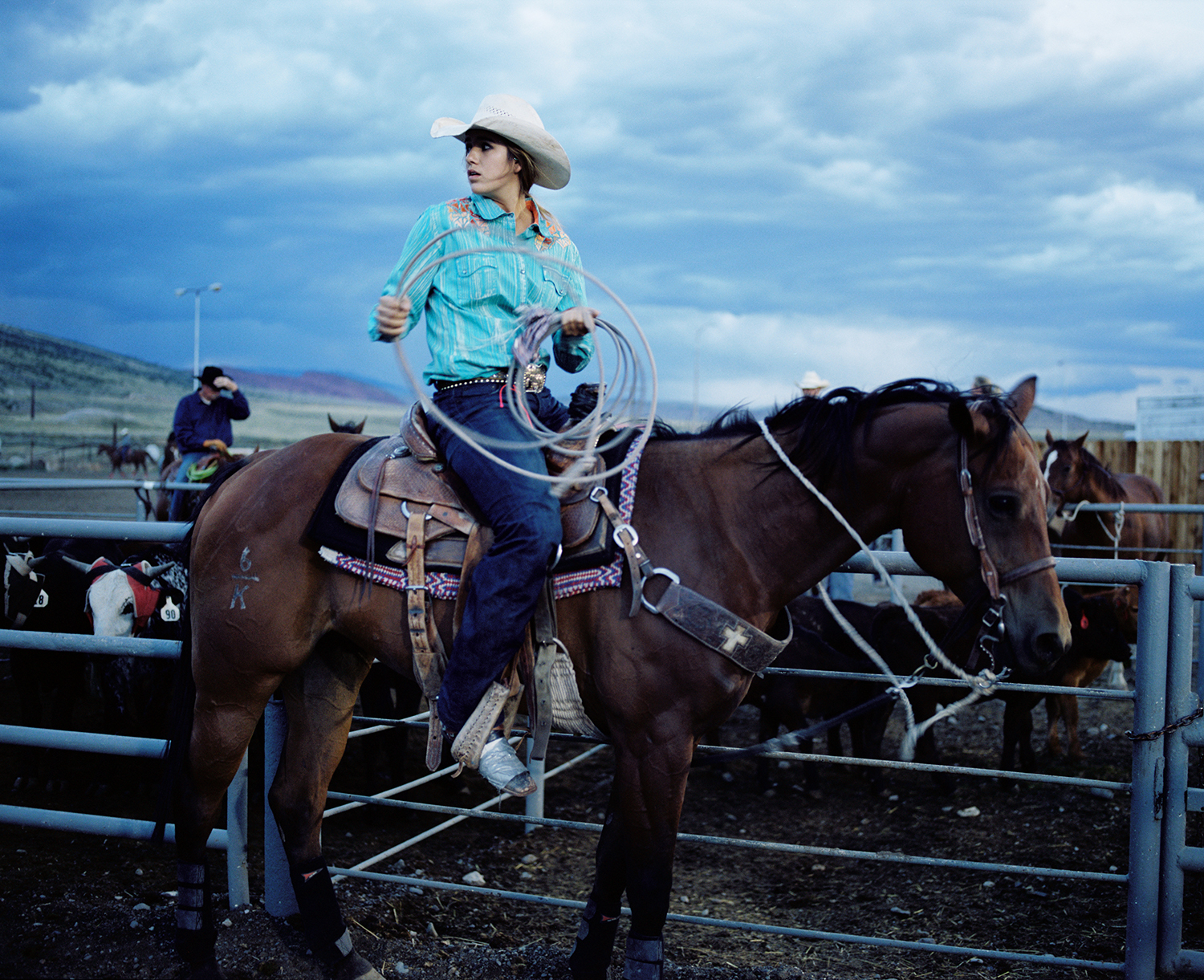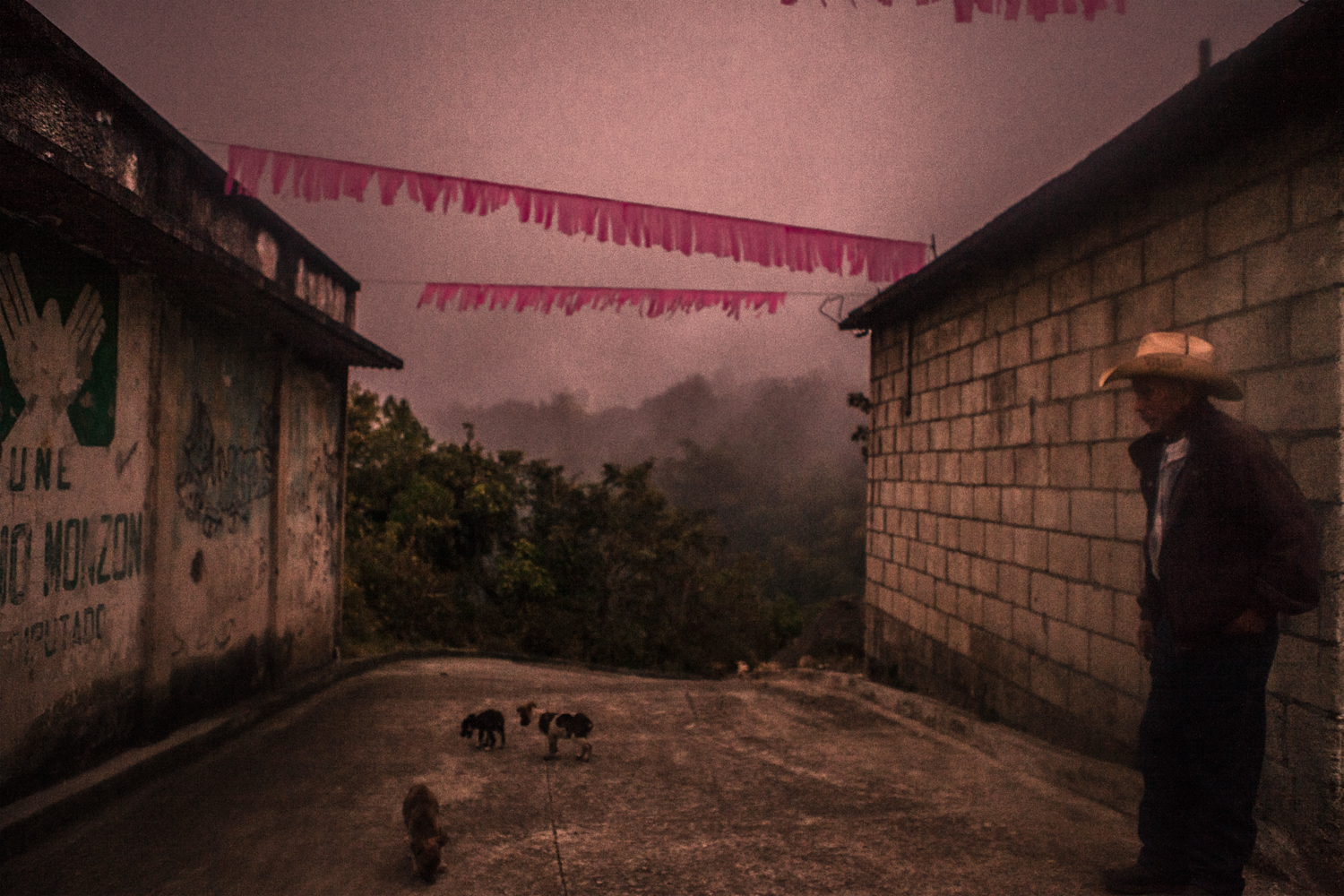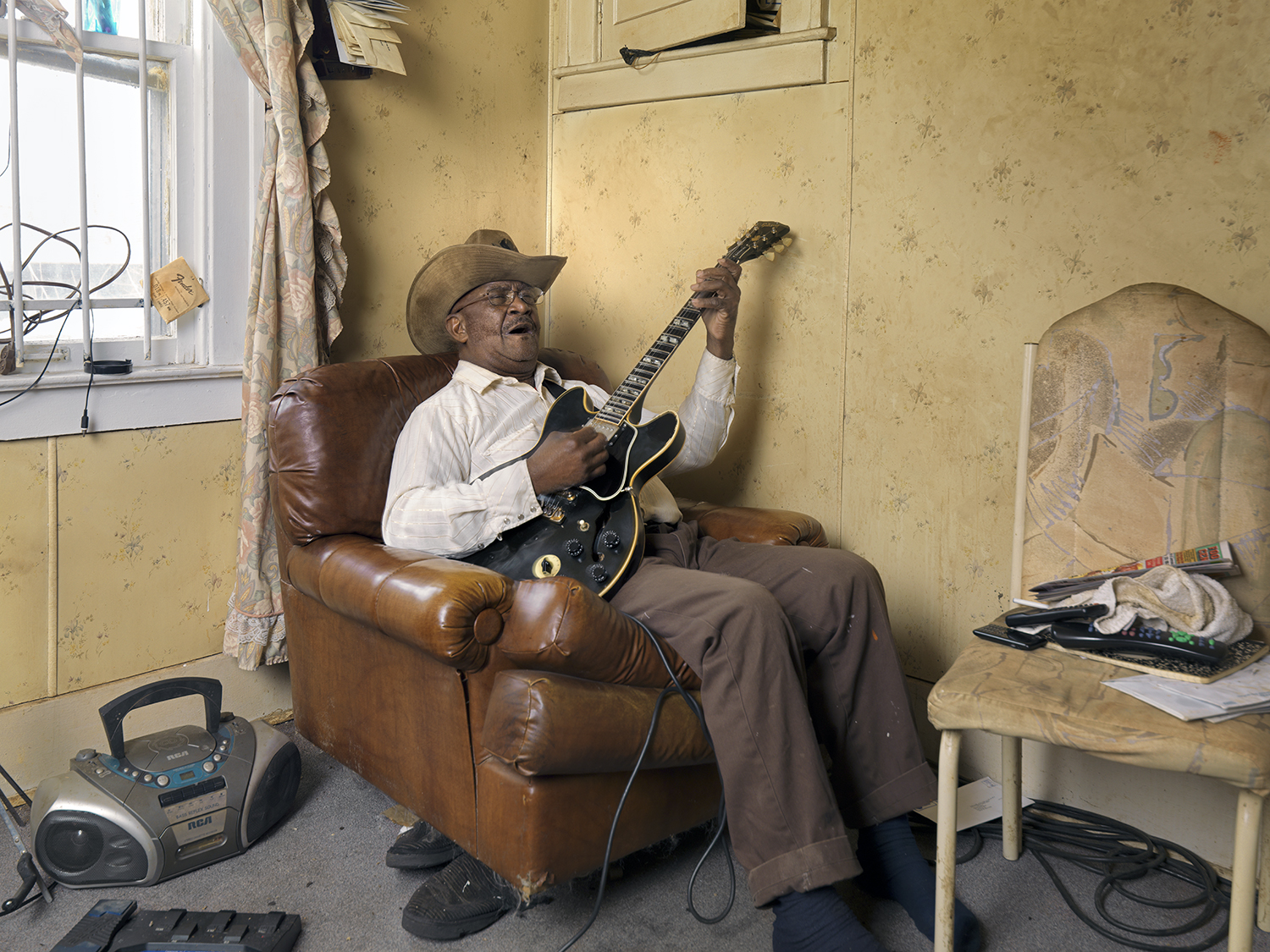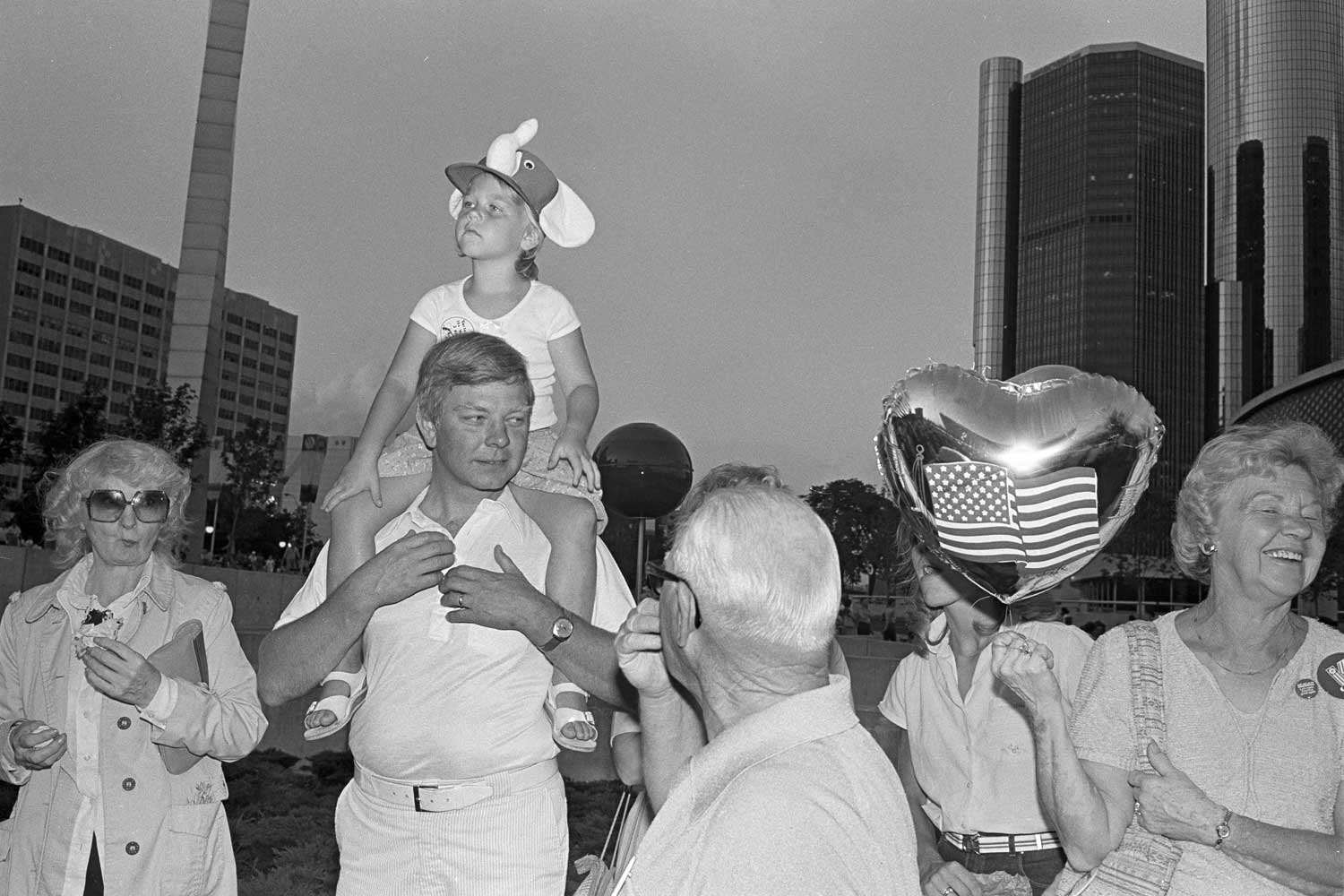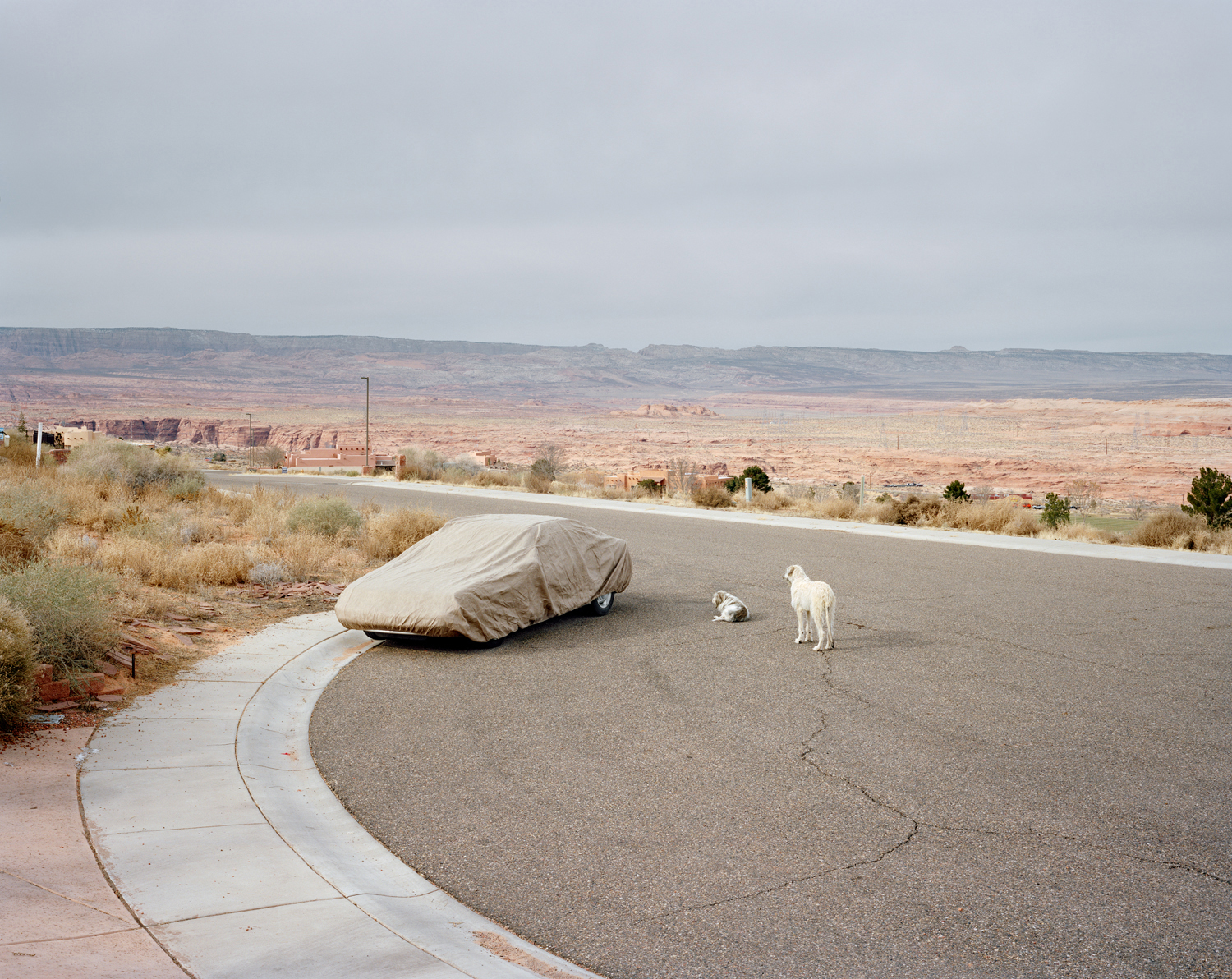
Can you describe your series »France Périphérique » ?
It’s not really a series, it’s a long-term documentary work. The title « Peripheral France » is borrowed from the eponymous work of geographer Christophe Guilluy, who approaches the political, social and cultural problems of contemporary France through the prism of territory. He is interested in the emergence of a « peripheral France » that extends from the most fragile peri-urban margins of large cities to rural areas, including small and medium-sized cities. He points out that 60% of the population – and three quarters of the new working classes – now live in this « peripheral France », on the fringe of globalized cities.
« Since 2004, the number of poor people has increased by 1.2 million (+30%) »
I am interested in the changes that are profoundly modifying French society over the long term. Poverty declined from the 1970s to the mid-1990s. It then remained fairly stable until the early 2000s, and then it increased. Since 2004, the number of poor people has increased by 1.2 million (+30%). This upward trend is a turning point in our country’s social history. The economic deterioration recorded since 2008 weighs particularly heavily on the least privileged (source: L’Observatoire des inégalités). The objective is to constitute a photographic testimony of poverty in the hexagon.


Since the beginning of 2015, I have been travelling around France, at the rate of one region per year, to meet people living in difficult situations. It goes from the young person who sleeps in his car to the couple with children, owner of their house but unable to make ends meet. The notion of poverty encompasses very different realities.
Why and how did you meet these people and how did you integrate their daily life? What was their relationship to the camera?
First of all, because it is an important phenomenon: there are ten million people living below the poverty line (projections for 2019). This is not a subject that can be dealt with in three days in the context of a press order, it takes time. It seems to me that one of the « missions » of photographers is to show what we don’t see, what a part of society doesn’t want to see.
« I don’t take pictures during the first meetings. I start the photographic work when trust is established »
I meet these people through charities or social organizations, whether national or local. I establish a relationship that lasts several months, I constantly go back to see the people. I am interested in the background of each person in order to understand their situation, this is done through « free discussions ». I don’t take pictures during the first meetings. I start the photographic work when trust is established. The relationship to photography depends on each person, there are no rules. I came to photography late, the photographic act is not trivial for me, I do not easily raise my camera towards a face.
There are people for whom all this is very natural, others for whom it is very complicated. For example, in 2020 and 2021 I met a man in the east of France. We walked a lot in the forests of the Vosges. In eight months he never accepted to be taken from the front, it’s the first time it happened to me, so I have a lot of nice pictures of him…from the back!

Did you manage to finance your project ?
For the moment thanks to prizes, grants and residencies. Since the beginning of the project I’ve been lucky enough to get one or two prizes/grants a year, which made the project possible. There are also direct aids, for example in 2016 I was able to carry out my project in Auvergne because a director, met on Couchsurfing, lent me his house for almost a year. This year it is the Cri des Lumières, a structure dedicated to photography in the east of France, which allowed me to reduce my accommodation expenses. The CNAP allowed me to finance a large part of the 2020/2021 project.
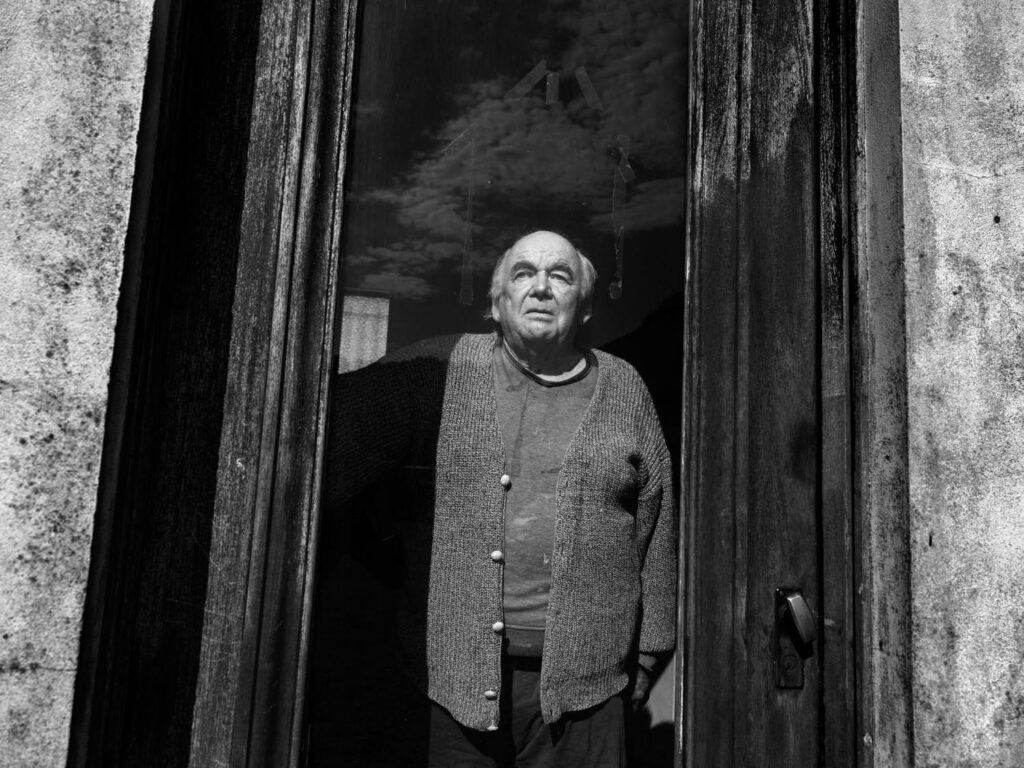
The black and white accentuate the brutality of their lives. The monochrome is found in almost all your photo series, especially documentary. Why this choice?
I don’t think that black and white accentuates the brutality, I think the opposite. For example I have a photo where we see the legs of an elderly woman, in color the bruises are clearly visible, in black and white they disappear. The color brings an additional crudity. The black and white allows to mute the contingent in order to put forward the essential.

Do you think that photographs, such as yours with such a deep subject, can lead to societal changes?
No, in no case. It’s about social power relations, globalized economy, geopolitics,… The photograph has no weight. The photo of the body of the little Syrian boy washed up on the beach has not changed anything.


Has your vision of poverty in France changed with your encounters?
No, I think that the level of poverty in a country like France is the result of political and economic choices and in no way of individual choices or abilities. But now I know well the problems of people in difficulty, employment, mobility, energy expenses, single parenthood, health.


Can you select a photo and tell us about it?
Meurthe et Moselle, 2021. It is never easy to choose because I have thousands of photos. I propose you this one because I am in the middle of editing my year spent in the east, this one is quite « fresh ». I spent a lot of time with this man who was introduced to me by a local association. One day, during our walks, we found ourselves in this quarry, at the end of the day. We walked through the place together and then separated for a while. When I saw him again he was in front of this pond, as if prostrate, lost in the contemplation of his reflection. It was a perfect match for his psychological state. I like to make photographs where the viewer can let his imagination run free.
Do you continue to make photographs for this series?
Yes I continue, I still have several regions to do and therefore several years of work. The next destination should be Occitania. I don’t know if I will have the resources to go to Corsica and the French overseas departments.


Do you have other photographic projects in progress?
Yes, I’m starting a project in the Beauvaisis area (Beauvais and its surroundings), it has nothing to do with poverty, it is a project on the territory within the framework of a residence. I have another project with a photographer friend which should be completed in the next few months, we have a lot of fun doing it. I am also working with the CASP (Centre d’aide social protestant) on young people who are on the streets in the center of Paris.

Your top 5 photo books?
Roger Ballen, « Outland »
Irvin Penn, « passage: a work record »
Chris Killip, « In flagrante »
Jean Gaumy, « D’après nature »
James Nachtwey, « Inferno »
Interview by Valentine Zeler

